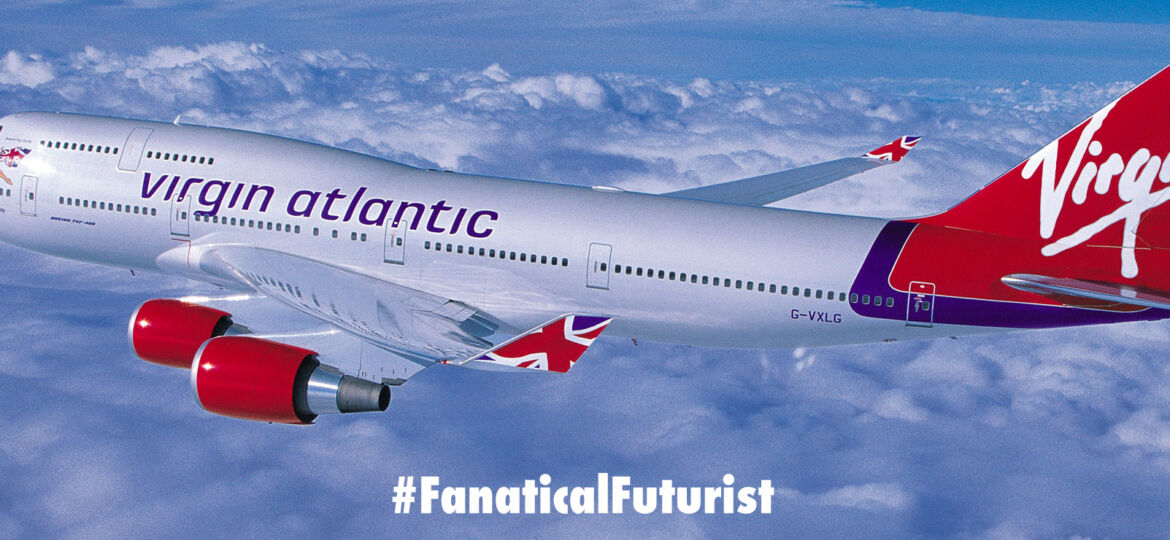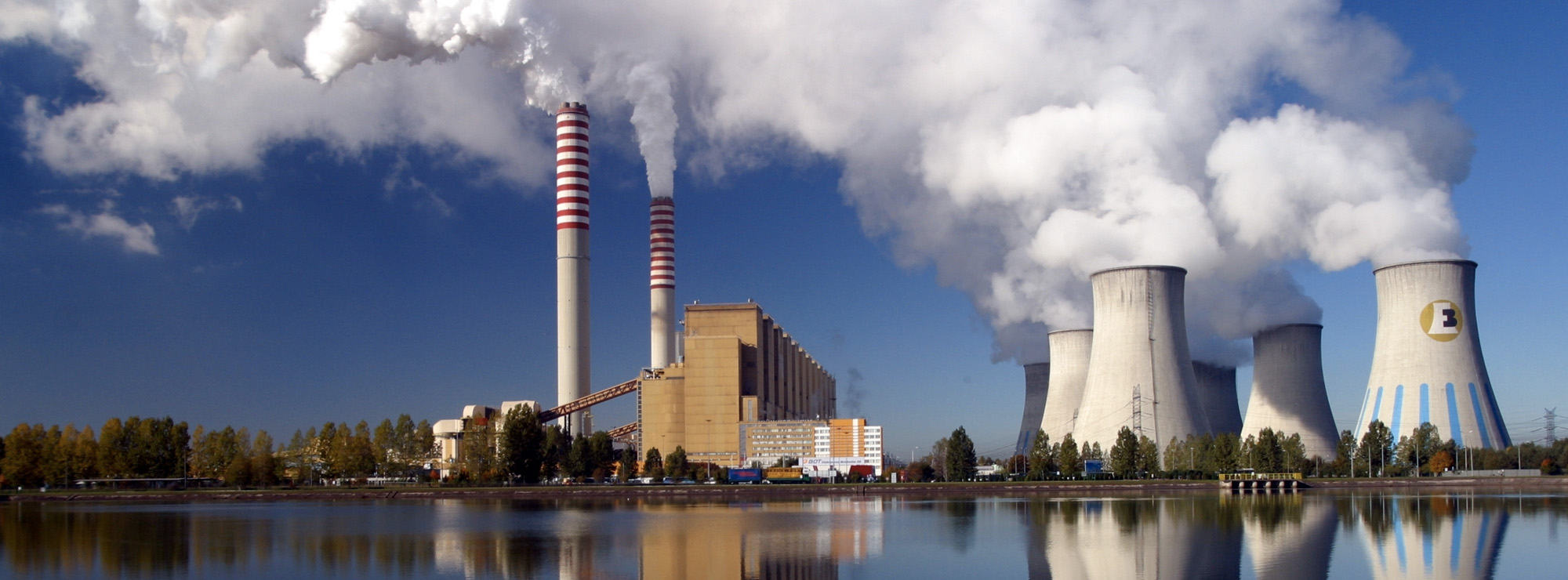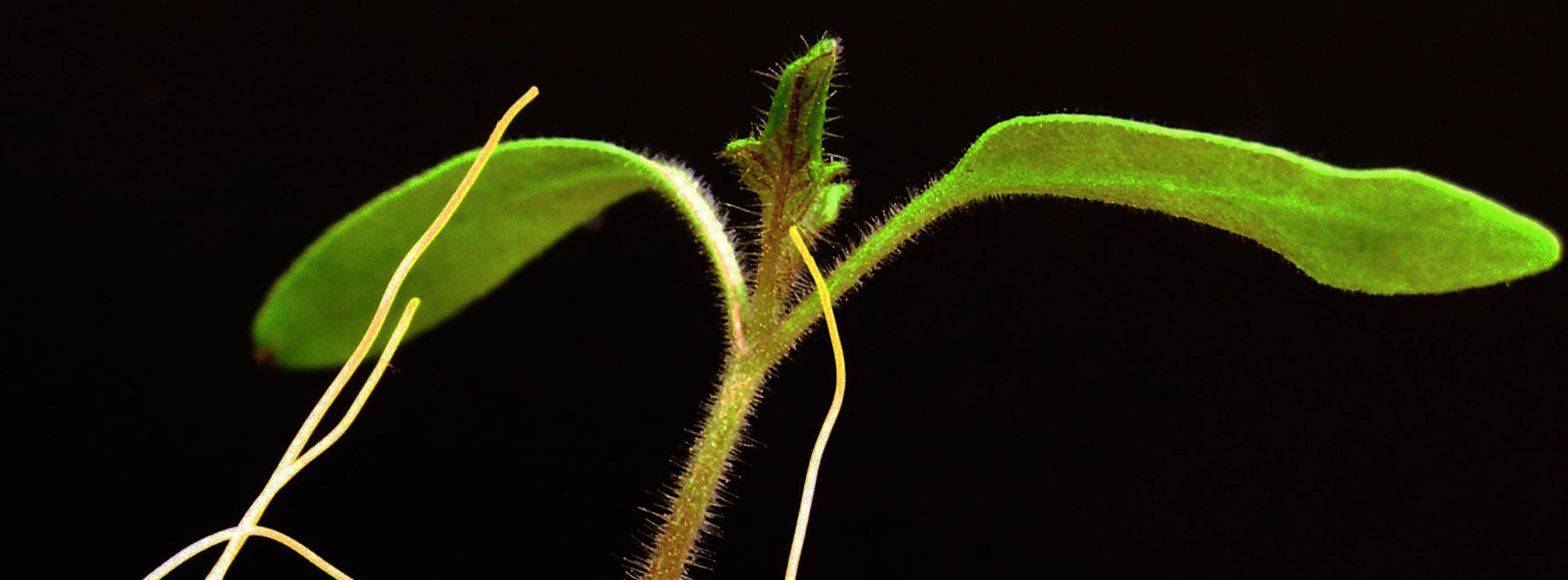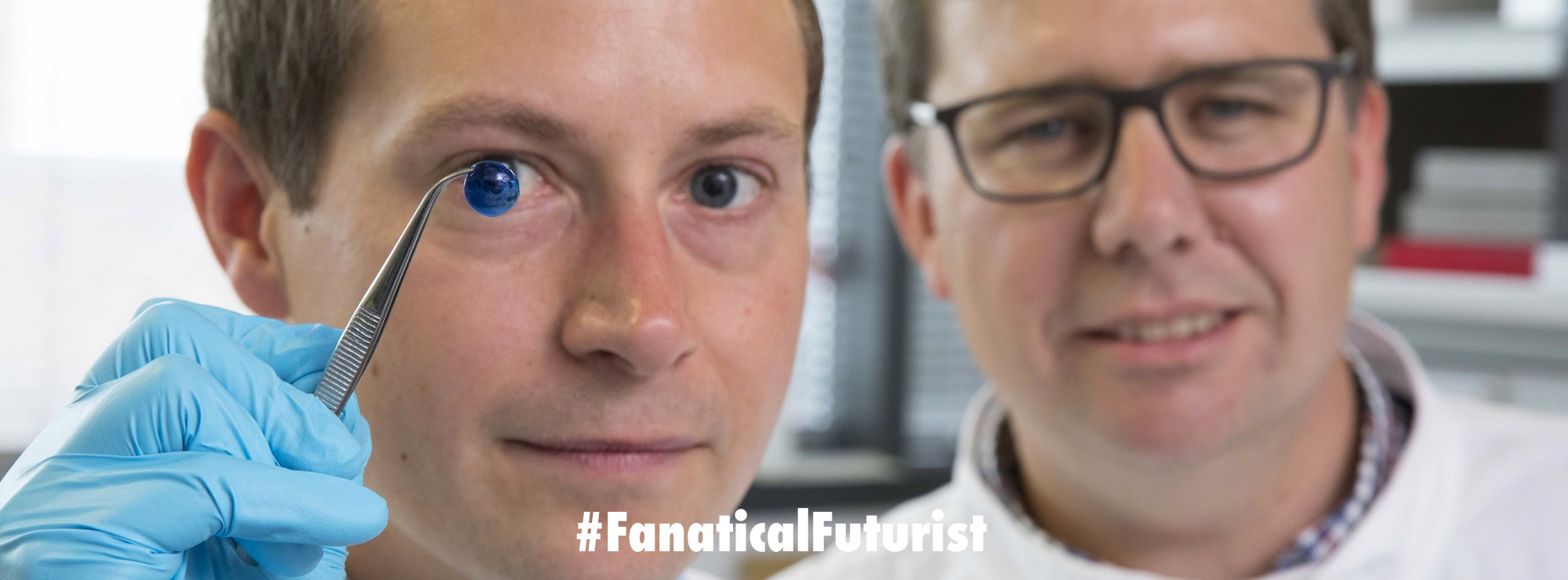
WHY THIS MATTERS IN BRIEF
The global airline industry is one of the world’s heaviest polluters, and new clean sources of fuel are vital in helping the industry become more sustainable.
First Alaskan Airlines flew an aircraft using nothing more than wood pellets, but now Virgin Atlantic has gone one, or possibly two better when they celebrated the landing of their trans-atlantic Boeing 747-400 G-VROM, nicknamed Barbarella, at Gatwick airport in the UK. Although it is not uncommon to see the airline’s planes arrive at the airport, this particular journey gave much cause for celebration.
In fact, as the firm took to Twitter to announce, the trip made aviation history. The flight from Orlando, Florida marked the first time ever a commercial craft was flown using biotech startup LanzaTech’s much discussed sustainable fuel.
The aviation firm referred to the event as a “landmark step towards making commercially viable sustainable aviation fuel a reality.” And the ceremony saw none other than Virgin Group founder Sir Richard Branson, whose green ambitions I was I discussed in the London Metro newspaper earlier this year, marshall the aircraft into its stand.
“Long haul travel is more important than ever for connecting people around the world. And it’s our responsibility to ensure we’re doing that in the most sustainable way possible,” said Branson. “Working with LanzaTech will enable us to drastically reduce our carbon emissions and at the same time, help support UK industry. That’s why we’re so excited to showcase this fuel on its first commercial flight as we plan for the world’s first full scale jet fuel plant using this amazing new technology.”
Just last July, the UK Government granted LanzaTech a £410K grant to determine the feasibility of building a 40 to 50 million gallon jet fuel plant in Britain.
“This waste to jet fuel project has the potential to help transform the aviation industry by reducing greenhouse gas emissions and improving the air quality around our country’s airports,” said, at the time, Chris Grayling, UK Transport Secretary.
LanzaTech produces its sustainable biofuels by recycling waste industrial gases such as those produced from heavy industrial processes. The company’s process sees these carbon rich gases turned first to ethanol and then to a range of low carbon products, including jet fuel.
“Today, with our carbon smart partner, Virgin Atlantic, we have shown that recycling waste carbon emissions into jet fuel is not impossible, that waste carbon needs to be thought as an opportunity not a liability, that carbon can be reused over and over again,” said Jennifer Holmgren, CEO at LanzaTech.
Virgin Atlantic further called on the UK government to commit to making this eco-friendly fuel a commercial reality in the UK by supporting LanzaTech in establishing and running three UK plants by 2025. This would allow the startup to produce up to 125 million gallons of sustainable fuel per year resulting in the saving of nearly 1 million tonnes of life-cycle carbon.
Source: Virgin Atlantic
















The global airline industry is one of the world’s heaviest polluters